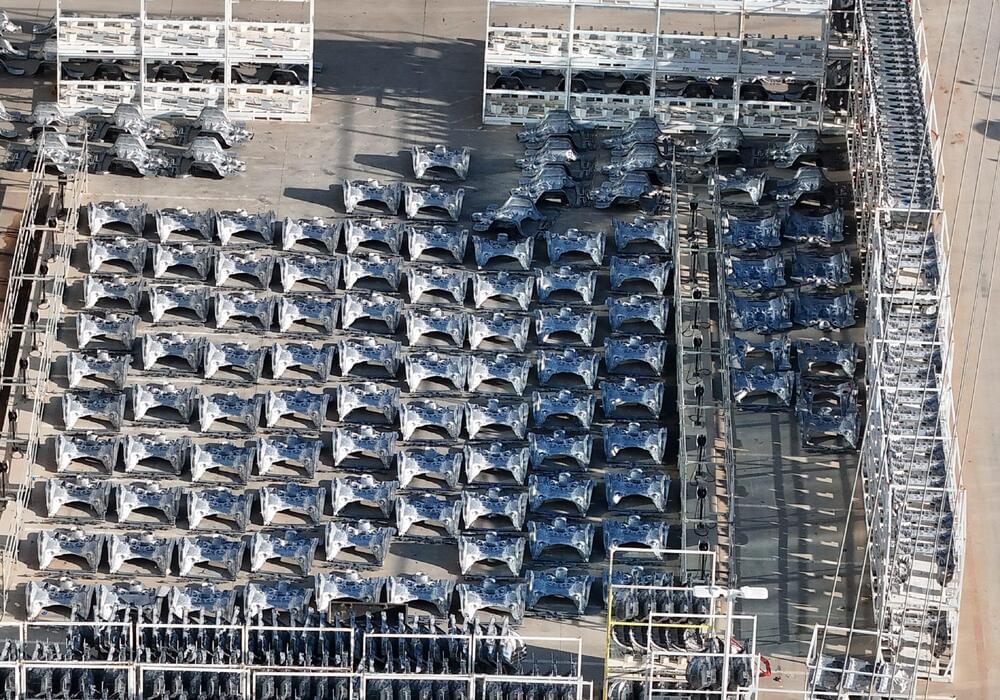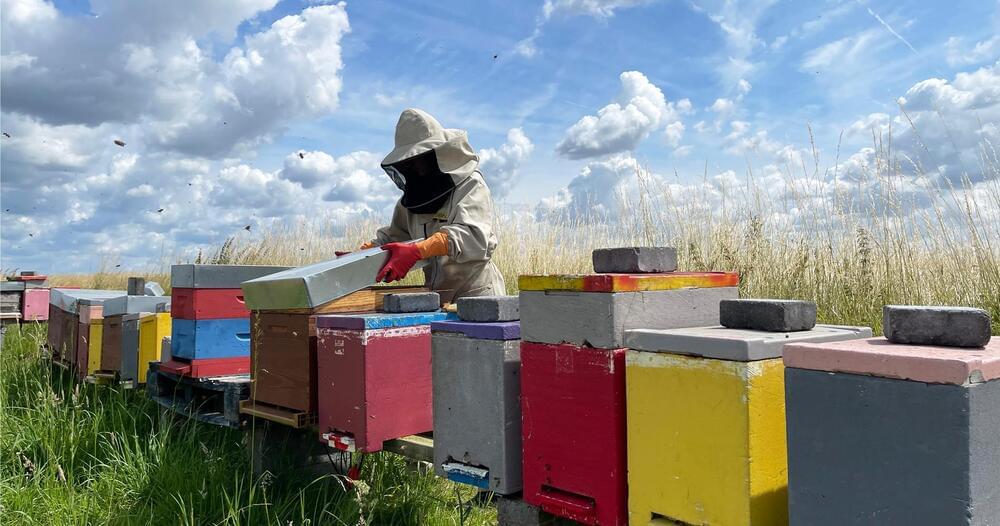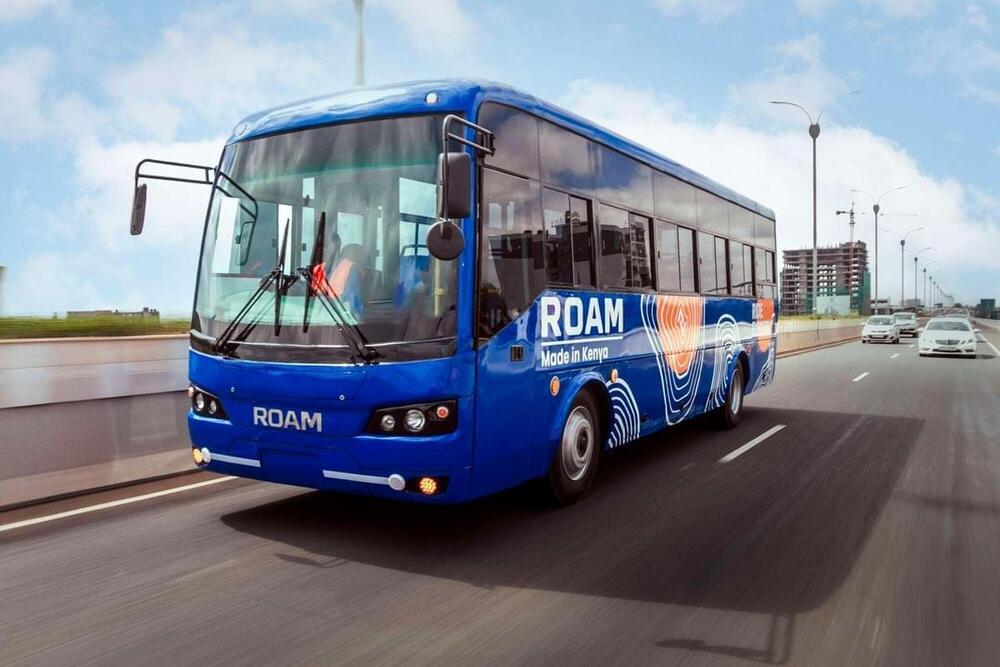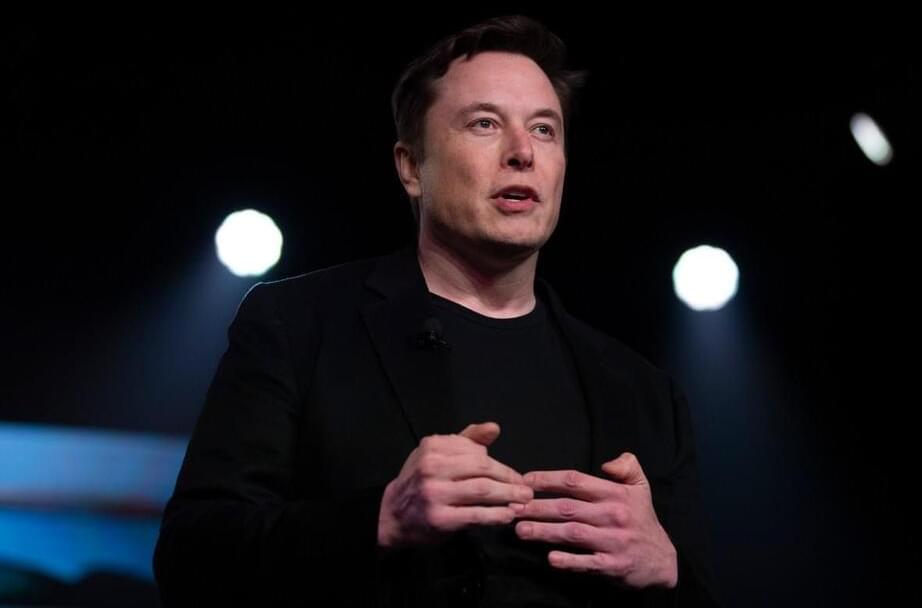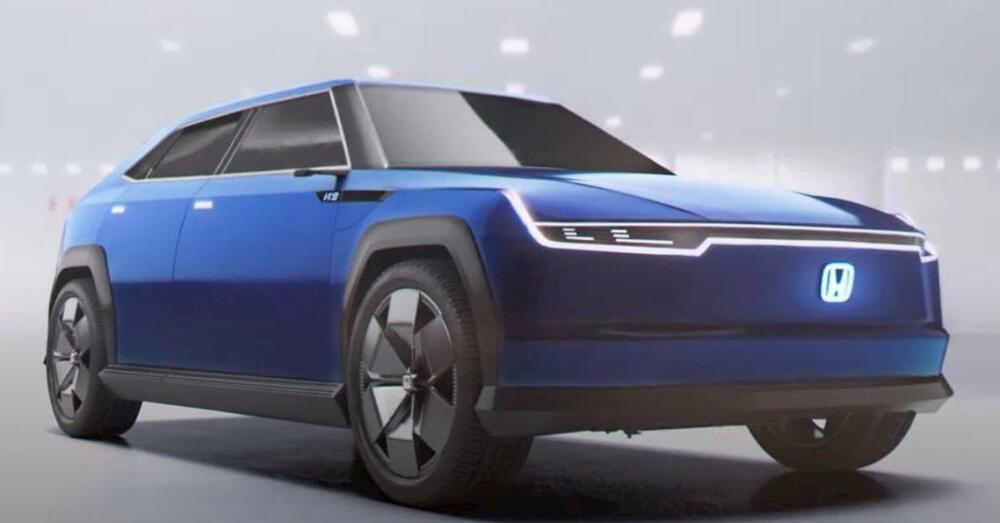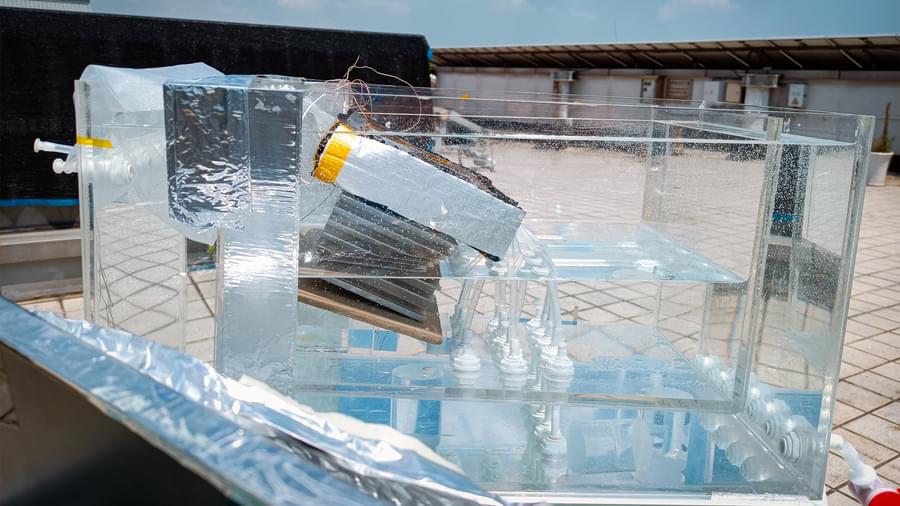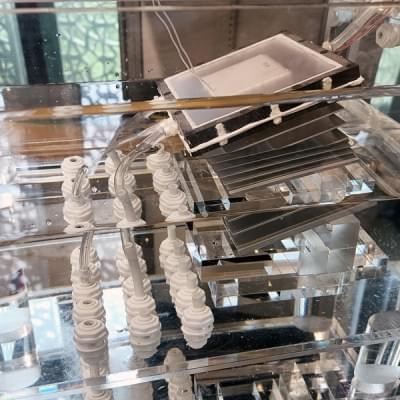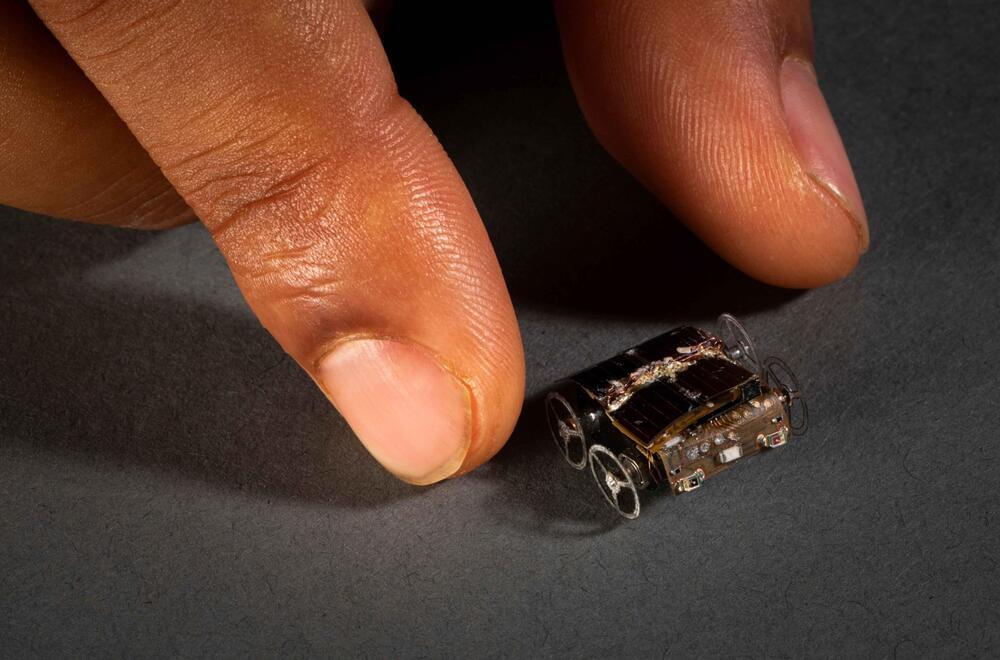Tesla is stacking a massive supply of Cybertruck castings at Gigafactory Texas, hinting the production is near, which means deliveries aren’t far behind either.
Tesla Cybertruck production has been nearing for months as the company has shown early-stage validation, public road testing, crash assessments, and some of the best-built Cybertruck units, all within the past few months.
Production is obviously getting close, especially when we base this thought on the fact that public-road testing of RC-labeled, or release candidate, Cybertrucks have been spotted throughout the country over the past month and a half.
